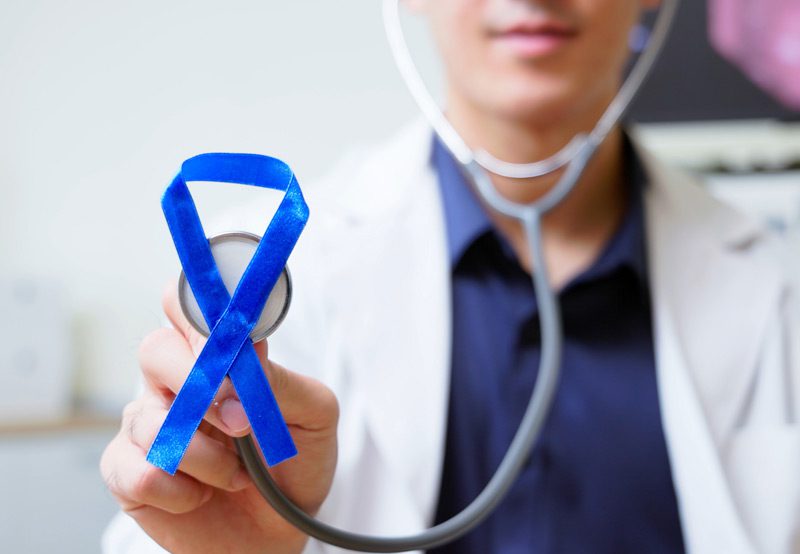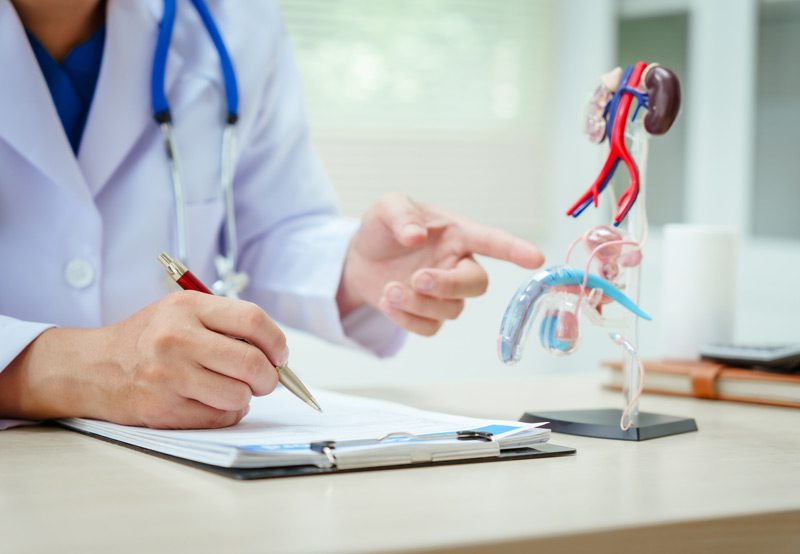

Sexual health issues after cancer treatment are common and can contribute to physical, emotional, and relational challenges. Treatments such as chemotherapy, radiation, and surgery can impact sexual function and fertility, causing issues like erectile dysfunction and changes in libido. These changes may be temporary or permanent, depending on the type of cancer treatment and individual factors. Addressing sexual health after cancer treatment is important for overall quality of life and emotional well-being.
Causes of Sexual Health Issues Post-Cancer Treatment
Sexual health issues after cancer treatment can result from a combination of physical and psychological factors, including:
- Hormonal Changes: Cancer treatments may disrupt the hypothalamic-pituitary-gonadal (HPG) axis, a hormone system that helps to regulate the reproductive system.
- Physical Damage to Reproductive Organs: Surgery or radiation may cause changes to the reproductive organs. Scar tissue and nerve damage can affect sexual function and sensation.
- Psychological Factors: Emotional distress, anxiety, depression, and body image changes after cancer treatment can reduce libido and impact sexual function. Concerns about fertility or fear of intimacy due to changes in appearance may also contribute to difficulties.

Diagnosis
To address sexual health concerns post-cancer treatment, healthcare providers may take these approaches:
- Medical History: Review the patient’s cancer diagnosis, treatment plan, and any related side effects impacting sexual health.
- Physical Exam: Assess for any physical changes to the genital or reproductive organs that may affect sexual function.
- Blood Tests: Tests can indicate hormonal imbalances, such as low testosterone.
- Sperm Analysis: Following cancer treatment, the production, movement, shape, and quantity of sperm can be evaluated to determine if healthy sperm is being produced.
Treatment Options
For patients concerned about fertility, preservation techniques can provide opportunities for future biological children. Semen cryopreservation (banking sperm) or testicular tissue cryopreservation prior to cancer treatments, like chemotherapy and radiation, are common options for patients to preserve their fertility.
Additional treatment for sexual health issues post-cancer treatment varies depending on the symptoms and the individual’s needs, and may include:
- Hormonal Therapy: For men with low testosterone, hormone replacement therapy (HRT) may help improve erectile function, libido, and overall sexual health.
- Sexual Counseling: Working with a trained therapist to address any psychological concerns related to intimacy, sexual desire, and body image. For couples, counseling can help improve communication and address emotional issues that may be affecting sexual relationships.
Next Steps
If you are experiencing sexual health issues after cancer treatment, it’s important to discuss these concerns with your doctor. Addressing sexual health and fertility concerns early can improve outcomes and help you navigate any physical or emotional challenges. With the right treatment and support, many individuals find relief and experience a fulfilling sexual life after cancer treatment.
